
Yes leaders felt ‘invisible’ as referendum became toxic
Australians backing the Indigenous voice to parliament felt ‘swept under the rug’ as Anthony Albanese’s referendum became an unmitigated disaster.

Australians backing the Indigenous voice to parliament felt ‘swept under the rug’ as Anthony Albanese’s referendum became an unmitigated disaster.

How Geoff Clark’s crimes and his ego poisoned Indigenous affairs all the way up to the Voice.
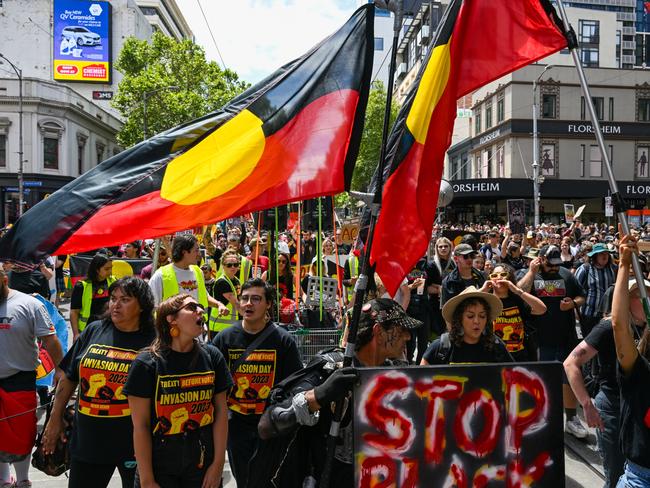
Public debate in Australia is not failing because of the odd insult. It is because we are more prepared to revile each other as liars than respect ourselves as genuine, if misguided.
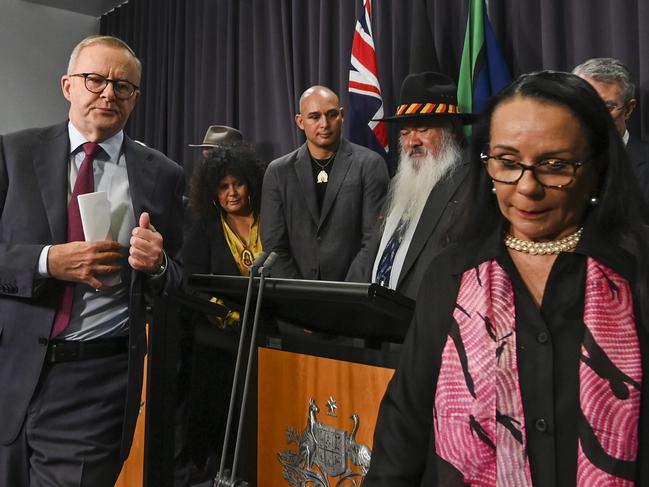
Shireen Morris’s account fails to recognise where the troubled referendum went wrong.
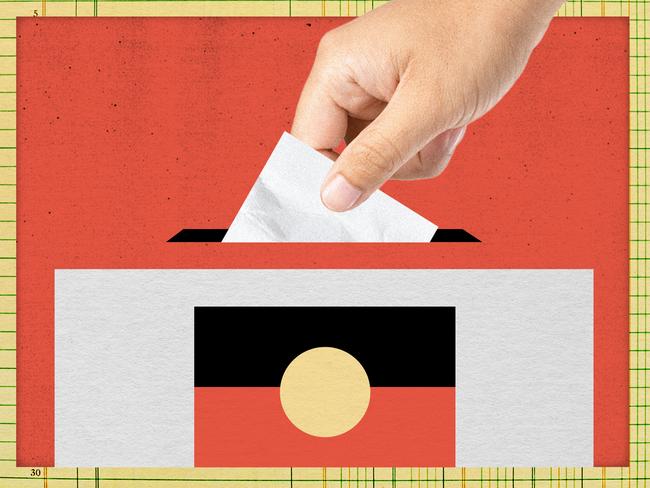
From the moment the results of the voice referendum started coming in, politicians, advocates and commentators have been trying to rewrite history. The truth? Ultimately, the political right chose not to play ball.

Former Indigenous Australians minister Linda Burney has dismissed the argument that ‘symbolic’ reconciliation must give way to ‘practical’ reconciliation.
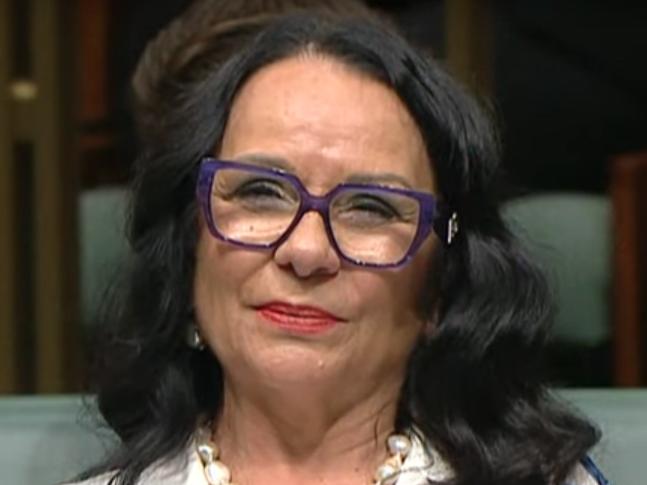
In her valedictory speech to parliament, Linda Burney had an optimistic reflection on The Voice, saying it will be a “catalyst” for change.
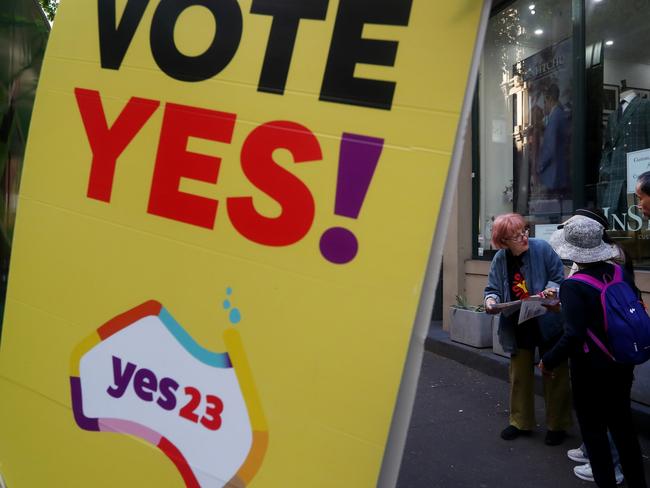
These days, not seeing race is the surest way to signal you are on the wrong side of history. But colourblindness is the best principle with which to govern a multiracial democracy. In the long run it is the best way to lower the temperature of racial conflict.
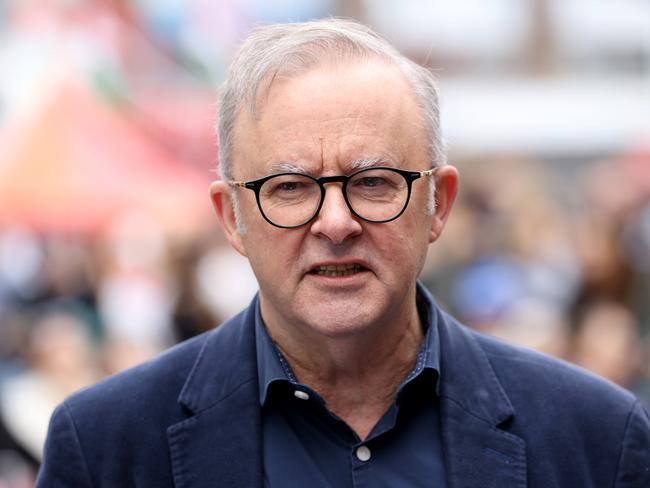
There are growing echoes of the disastrous, divisive debate over the indigenous voice to parliament emerging in the political fight over Australia’s acceptance of people coming from Gaza.
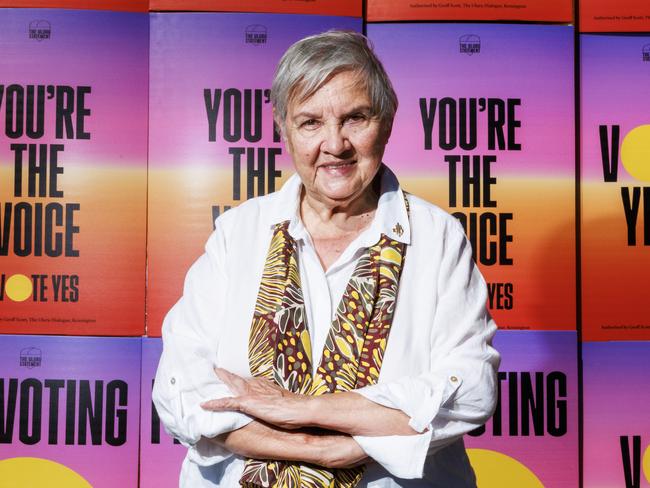
Anthony Albanese now faces fresh divisions with pro-voice campaigners over his decision to dump the Makarrata process, with Pat Anderson blasting his comments as confusing.

The Prime Minister says the “pain is still raw” after the failed Voice to Parliament but he’s “optimistic” about a better future for Indigenous Australians.

The Prime Minister says the “pain is still raw” after the failed Voice to Parliament but he’s “optimistic” about a better future for Indigenous Australians.

The community has no appetite for another referendum, and talk of it gives the risk-averse Albanese government heart flutters.
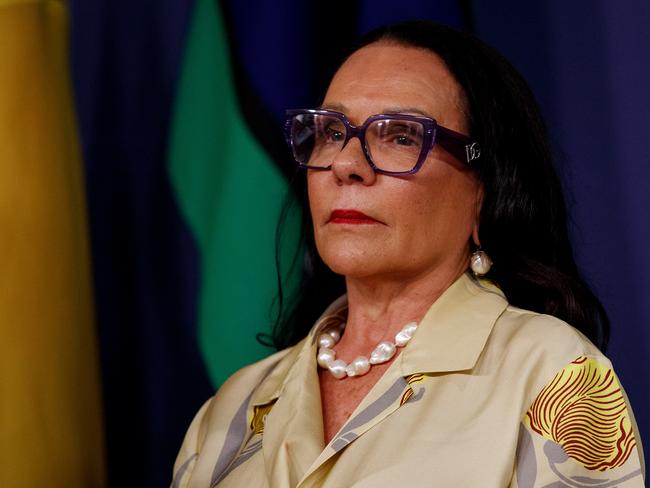
Aboriginal leaders are calling for renewed emphasis on economic empowerment and self-governance in remote communities in the wake of the impending retirement of Indigenous Australians Minister Linda Burney.
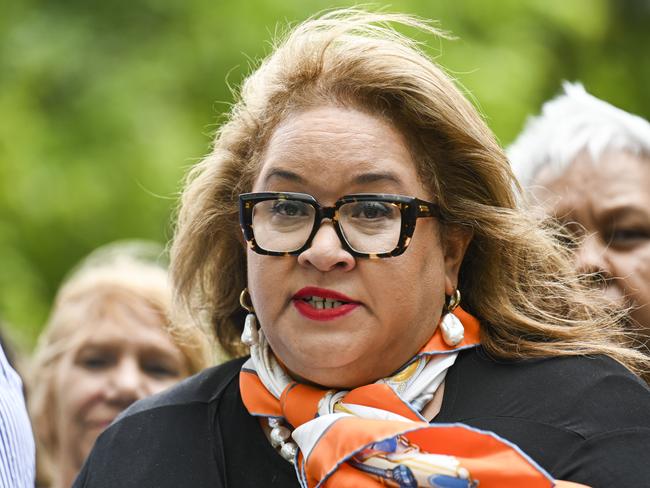
Megan Davis presents messages that are counter-productive for Aboriginal people. She suggests the failure to include Aboriginal Australians in the Constitution implies they are somehow unimportant.
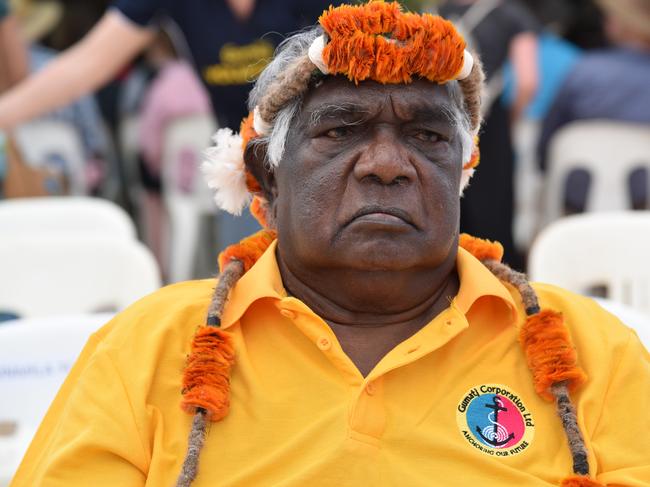
In much of the media, income management has been reported as racist government paternalism.
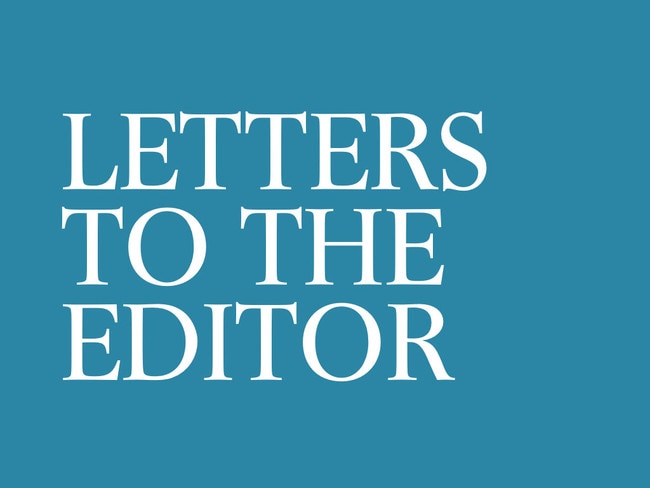
WEH Stanner coined the term “the great Australian silence” to describe the nation’s mindset towards issues facing First Nations people and communities. Since the defeat of the Indigenous voice, Anthony Albanese has upheld this mindset.
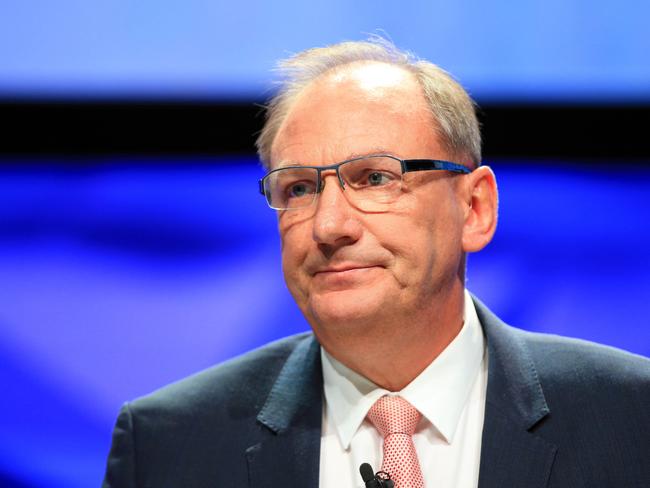
Corporate Australia’s support for the indigenous voice campaign ‘backfired’, with businesses seen by the public as ‘high and mighty’, according to incoming Qantas chair John Mullen.
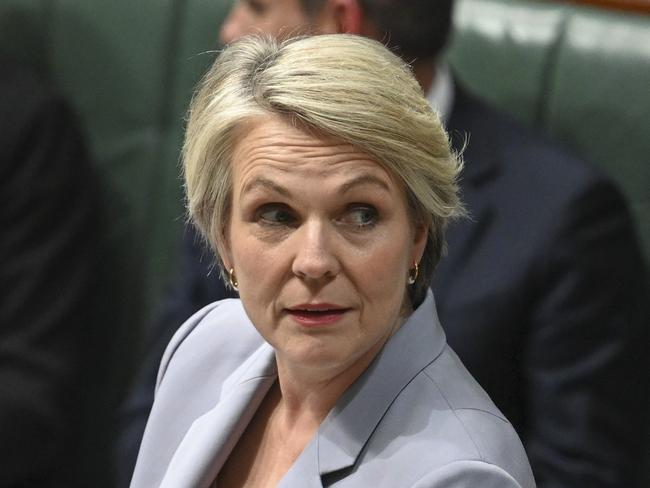
Environment Minister Tanya Plibersek is being accused of ignoring the voice of northwestern NSW Indigenous people over a proposed dam upgrade in the Murray-Darling Basin.
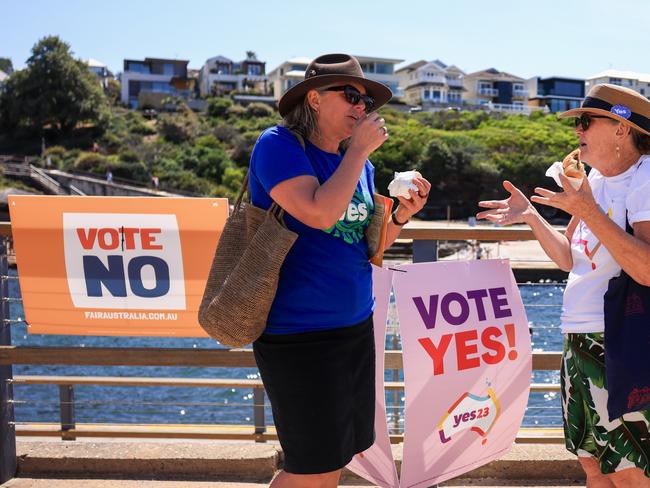
It was hard to win broad community support for the voice because most Australians had not been part of the debate that gave birth to it. Is Australia a nation now splitting into two cultures?
Original URL: https://www.theaustralian.com.au/topics/indigenous-voice-to-parliament/page/2